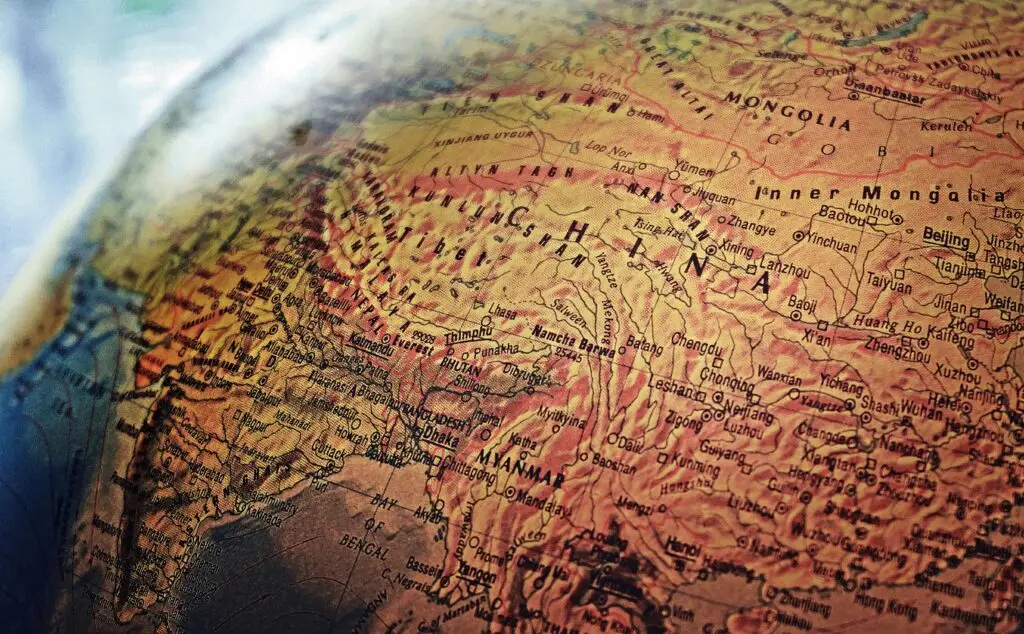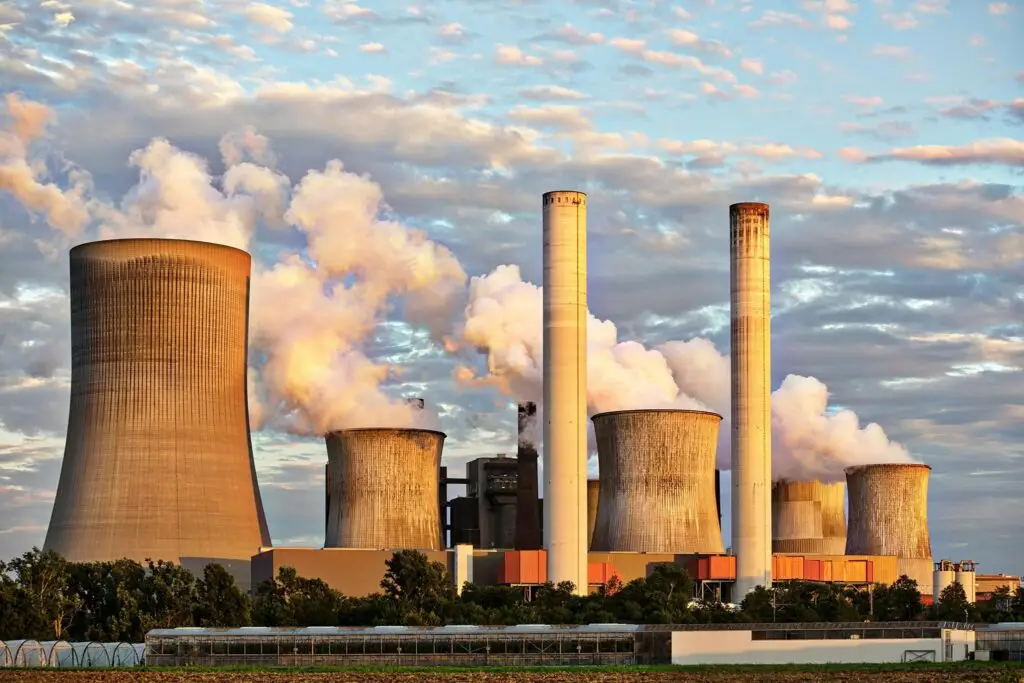MASTER OF POLITICAL SCIENCE | FIRST YEAR | INDIA AND THE WORLD | MPSE-001
ANSWER :
The foreign policy of India is shaped by a combination of key institutions and actors. These institutions work together to formulate, implement, and execute India’s foreign policy objectives. Here’s an overview of the main institutions that play a pivotal role in framing India’s foreign policy and how they collaborate:
1. Ministry of External Affairs (MEA):
– The MEA is the primary institution responsible for formulating and executing India’s foreign policy.
– It is headed by the Minister of External Affairs, who is a senior member of the government cabinet.
– The MEA consists of various divisions, including those responsible for bilateral relations, multilateral affairs, economic diplomacy, and regional issues.
– It plays a central role in coordinating with other government departments and agencies on foreign policy matters.
2. Prime Minister’s Office (PMO):
– The Prime Minister plays a significant role in shaping India’s foreign policy.
– The PMO closely coordinates with the MEA and other relevant ministries to ensure that foreign policy aligns with the government’s overall strategic objectives.
3. National Security Council (NSC):
– The NSC advises the government on matters related to national security, including foreign policy.
– It assists in the formulation of foreign policy strategies and coordinates among various security and intelligence agencies.
4. Parliament:
– The Indian Parliament, consisting of the Lok Sabha (House of the People) and the Rajya Sabha (Council of States), plays a critical role in foreign policy.
– The government must seek parliamentary approval for significant international agreements and treaties.
– Parliament also holds discussions and debates on foreign policy issues, allowing for transparency and accountability.
5. Ministries and Departments:
– Various other ministries and departments contribute to foreign policy formulation. For instance, the Ministry of Finance is involved in economic diplomacy and trade agreements, while the Ministry of Defense has a say in security and defense-related aspects.
– These ministries and departments work in coordination with the MEA to ensure that foreign policy aligns with their specific sectoral interests.
6. Indian Diplomatic Missions Abroad:
– Indian embassies, high commissions, and consulates in foreign countries play a crucial role in representing India’s interests.
– They gather information, engage in diplomacy, and promote economic and cultural ties with host nations.
7. Think Tanks and Academic Institutions:
– Independent think tanks and academic institutions often provide research and analysis on foreign policy issues.
– They offer valuable inputs and policy recommendations to the government, helping to shape foreign policy decisions.
8. Civil Society and Media:
– Civil society organizations and the media serve as checks and balances, providing feedback and scrutiny of government foreign policy decisions.
– They contribute to public discourse and awareness of foreign policy issues.
These institutions work collaboratively through a structured process. The MEA takes the lead in foreign policy formulation and coordinates with other relevant ministries, the Prime Minister’s Office, and the National Security Council. Inputs from think tanks, academic institutions, and diplomatic missions abroad are considered. Parliamentary oversight and public discourse ensure transparency and accountability.
In conclusion, India’s foreign policy is a complex and dynamic process involving multiple institutions and actors that work together to safeguard India’s national interests and promote its objectives on the global stage. This collaborative approach helps ensure a comprehensive and well-balanced foreign policy strategy.



